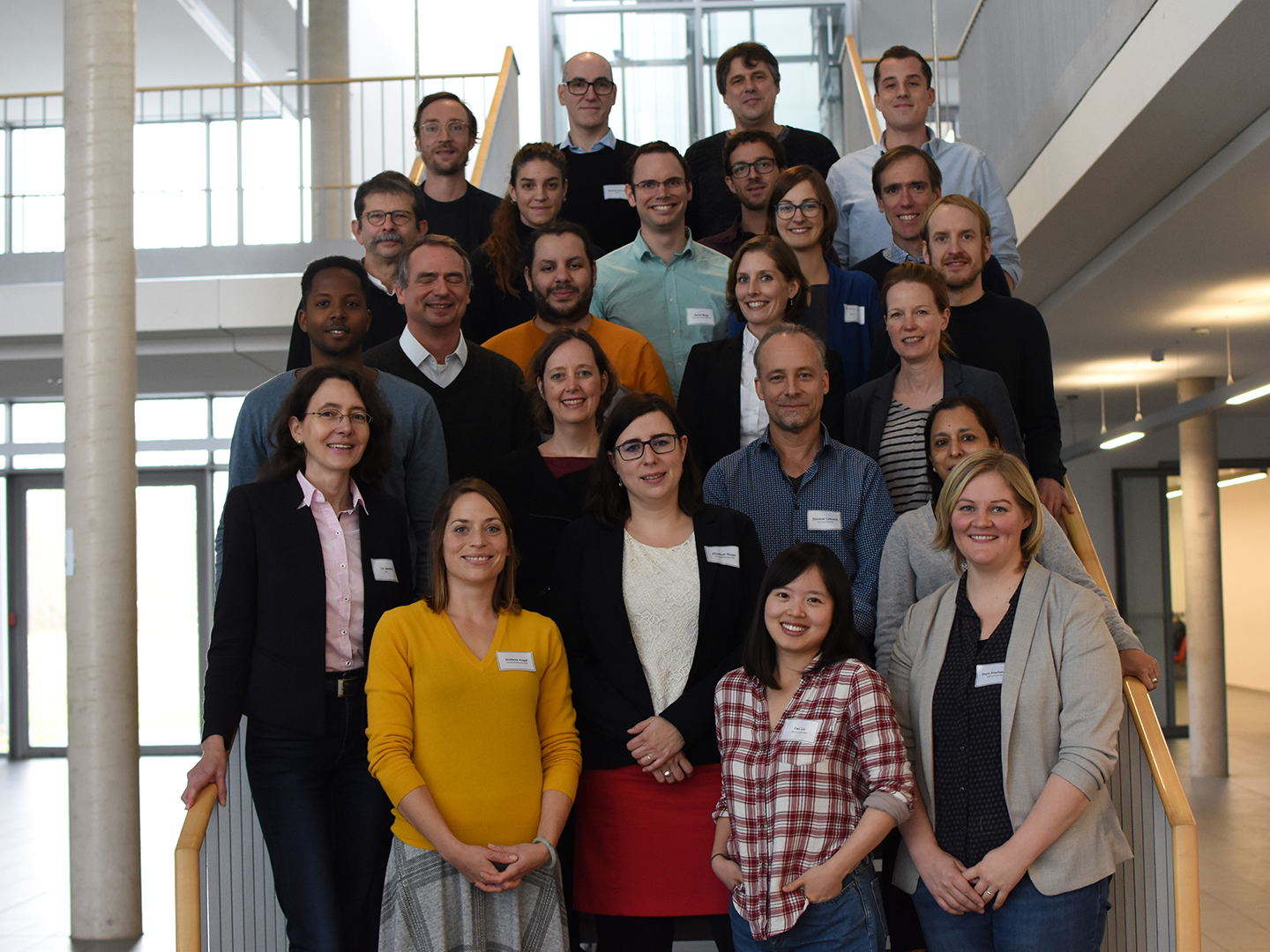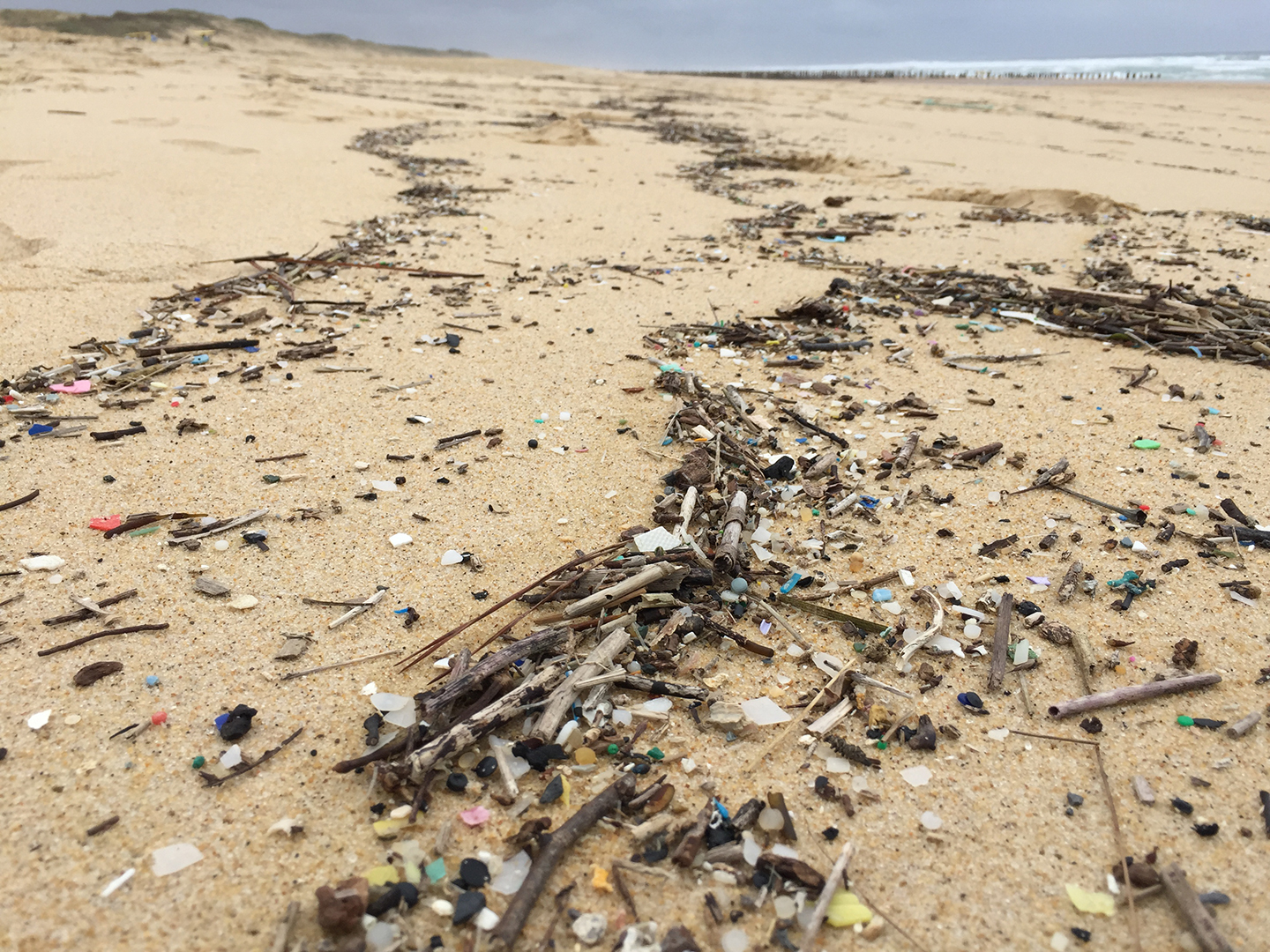Project start
LimnoPlast: European project on plastic litter in fresh water
Microplastics and plastics are widespread in the environment. However, it is still largely unknown where the small particles and fibres come from and what effects they have on freshwater systems. This is why the LimnoPlast project was launched on 1st November, in which 13 European project partners cooperate within the topic. The project is funded by the EU from the Horizon 2020 program for four years with almost 4.1 million euros and offers doctoral students an interesting working environment.


Most plastics are produced and used inland. This is why a large proportion of the emissions are generated in the country and they might end up in rivers and lakes. In contrast to microplastics in the sea, the quantities, distribution and effects of plastic particles and fibers in freshwater ecosystems have not yet been well researched. To deal with this, the LimnoPlast project combines research approaches from natural and social sciences with environmental engineering solutions in order to answer the open questions holistically.
New positions for doctoral students
Over the next few years, fifteen interdisciplinary doctoral students from the fields of polymer and engineering sciences, toxicology and ecology, environmental, social and legal sciences and psychology will be enabled to answer central questions about the origin, distribution and effects of microplastics in freshwater systems. Exemplary case studies will explore the freshwater ecosystems around the three urban areas of Aarhus, Amsterdam and Paris. In addition, innovative technologies, alternative materials and awareness-raising measures to reduce microplastics will be developed and applied. LimnoPlast is the first European project to systematically combine natural, environmental, technical and social sciences in the field of microplastic research.
Fraunhofer UMSICHT, in cooperation with the University of Plymouth, is also supervising a doctoral student on the socio-ecological evaluation of microplastics. A major goal of the work is to consider and analyze consumer behavior in the ecological risk assessment of microplastic emissions. Young, foreign researchers can apply from now on.
European cooperation
Together with the 13 European project partners, who are directly involved in the scientific promotion and support of doctoral candidates, a further eleven partner organizations from science and industry are involved in the project. Fraunhofer UMSICHT has excellent expertise in ecological evaluation and makes a contribution to the Limnoplast project with regard to the socio-ecological evaluation of microplastics, taking into account the needs of a future European circular economy for plastics.
In addition to scientific events, e.g. on the toxicology of microplastics and the detection of microplastic particles in the environment, training units on the topic of "transferable and soft skills" and information on the numerous career opportunities are offered. Evonik and BASF invite participants to workshops on "Innovation and Entrepreneurship". The Federal Institute of Hydrology, the Federal Environment Agency, the DIN Institute and UNESCO present job opportunities in the public sector. PlasticsEurope organizes an "Industry Day" and provides information on career opportunities in industry, while the PlasticSoupFoundation provides insights into the work of a non-governmental organization.
The project is funded by the EU Horizon 2020 program.
Last modified:
 Fraunhofer Institute for Environmental, Safety and Energy Technology UMSICHT
Fraunhofer Institute for Environmental, Safety and Energy Technology UMSICHT